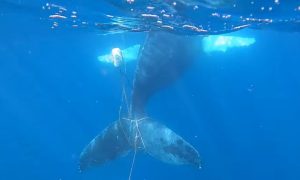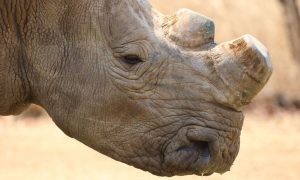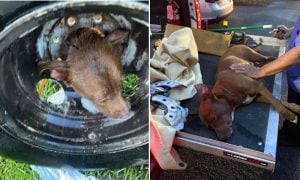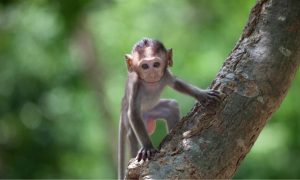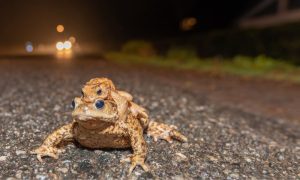Want to discover a new species? One ecotourism company has launched a program to turn people into scientific researchers—without leaving their couches.
Eight new species were discovered in 2016 by citizen scientists, according to “Wired Amazon,” a project launched by Rainforest Expeditions.
The “Aerobotany” program uses drone footage to allow citizen scientists to remotely view aerial images of the rainforest canopy. They then examine the images to classify different types of flora or spot animals. Each image examined earns them travel credit towards a trip to the ecotourism center in the Tambopata National Reserve in Peru.
While onsite, visitors have the opportunity to help researchers analyze field data and catalogue rare species of insects. If a visitor discovers a new species, they can name it. This is part of The International Barcode of Life project, which is helping build a DNA-based identification system for every living species on earth.
“These research projects are becoming an important tool for conservation,” said Gaby Orihuela, marketing and communications manager for Wired Amazon, in an interview with Lady Freethinker. “For botanists, having eyes above the canopy allows them to study closely and learn about the phenology of certain species.”
More than 1,500 citizen scientists are registered internationally for the Aerobotany program, according to Orihuela. Citizen scientists have classified almost 60,000 images since the program’s launch last December.
The Amazon rainforest is the largest tropical rainforest on our planet and the most biodiverse area on earth. It’s also home to millions of indigenous people. But we’ve lost almost 20% of the forest cover in the past 50 years, according to the World Wildlife Fund. And it’s growing smaller every day due to deforestation and climate change.
Rainforests are extremely important in the fight against climate change, because they naturally store large amounts of carbon dioxide in their topsoil. When the forest is cut down or burned to clear out areas for cattle farming or palm oil plantations, this stored carbon is released into the atmosphere. The process accelerates climate change on a massive scale.
Scientists estimate that another 20% off the Amazon rainforest might be lost over the next two decades, which would devastate the region’s ecology.
Citizen scientist programs like Wired Amazon are using technology to cultivate an interest in science, and incentivize people to care about the shrinking rainforest.

